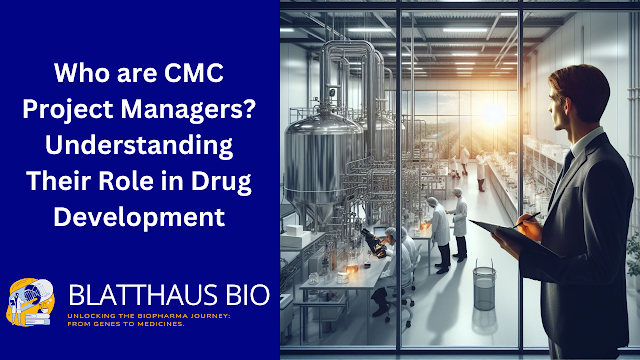FDA Unveils Platform Technology Designation Program: A Boon for Drug Development?

The US Food and Drug Administration (FDA) has finally released its much-anticipated draft guidance document detailing the Platform Technology Designation Program for Drug Development. This program has the potential to be a game-changer for pharmaceutical companies by significantly streamlining the process of bringing new drugs to market, particularly those that utilize established platform technologies. Why Was This Program Much-Awaited from the Industry? The traditional drug development process is often criticized for being slow and expensive. Each new drug, even if it leverages similar underlying technologies, requires extensive testing and data collection. This redundancy frustrates pharmaceutical companies, who see established platform technologies as a way to expedite development while maintaining safety and efficacy. The Platform Technology Designation Program directly addresses these concerns. By allowing companies to leverage existing data and fostering early engagement w...


